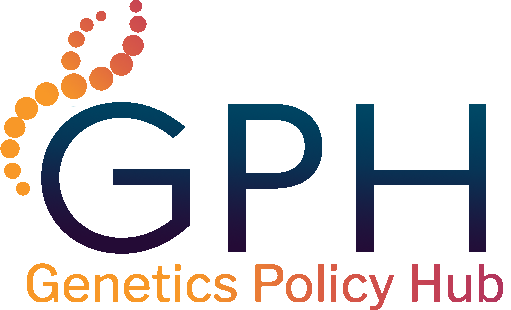Medical Foods
Updated On Mar 27, 2023
This information is meant to be used for educational purposes to inform providers, patients, and genetic service delivery stakeholders about genetics policy topics. Sharing of information, resources, or policy statements is no way an endorsement of stated positions by NCC.
Introduction
Medical nutrition refers to medical food products that are used for the nutritional management of a condition or disease. For example, if a baby is born prematurely and cannot eat, that baby will receive tube feeding. The food that is put through the tube is medical nutrition.
One well-known example of medical nutrition can be seen in the case of children with phenylketonuria (PKU) who are unable to properly process foods with phenylalanine. If they eat food with phenylalanine, their body cannot convert it to tyrosine. The phenylalanine will cause intellectual disability. To avoid this, they need to eat a PKU diet that includes medical nutrition. The medical nutrition has essential amino acids, such as tyrosine, but no phenylalanine. It is impossible to find these types of foods in the grocery store.
Some health plans cover the cost of medical nutrition while others that do not. Some would argue that health plans should not need to cover the cost of medical nutrition, as it is something you eat. If you don’t cover the cost of regular food, why should a medical plan have to cover the cost of medical nutrition? There are others who argue that food and medical nutrition are not the same. Medical nutrition is typically more expensive than food; it cannot be bought in a grocery store; it is needed for people to remain in good health.
In 2002, medical nutrition became a Medicare benefit for certain patients after a lengthy legislative process. For an analysis of the Medicare requirement, you can read this article published by the Journal of Renal Nutrition. Further coverage under Medicaid, CHIP, Medicare, FEHBP, and private insurance has been introduced to the United States Congress.
Legislation and Regulation
Are you interested in learning what your state’s government or the federal government are currently proposing for either legislation or regulation? Check out Legislative/Tracking system for up-to-date information and subscribe to our Twitter channel to get the latest updates in your pocket.
Policy Positions
Organizations working within the genetics community (national genetic organizations, advocacy organizations, etc.) have published positions on medical nutrition. Explore these position statements below.

